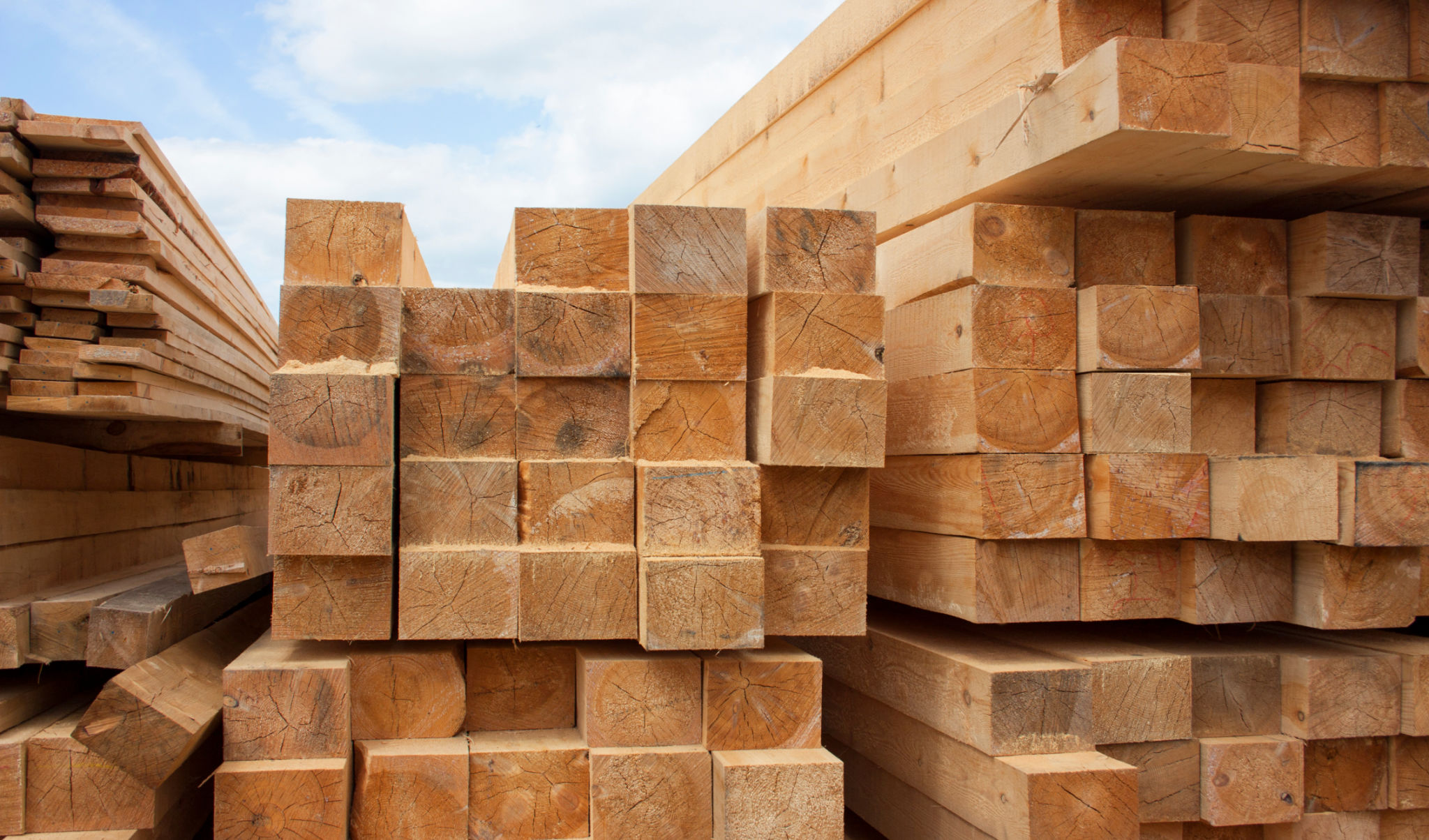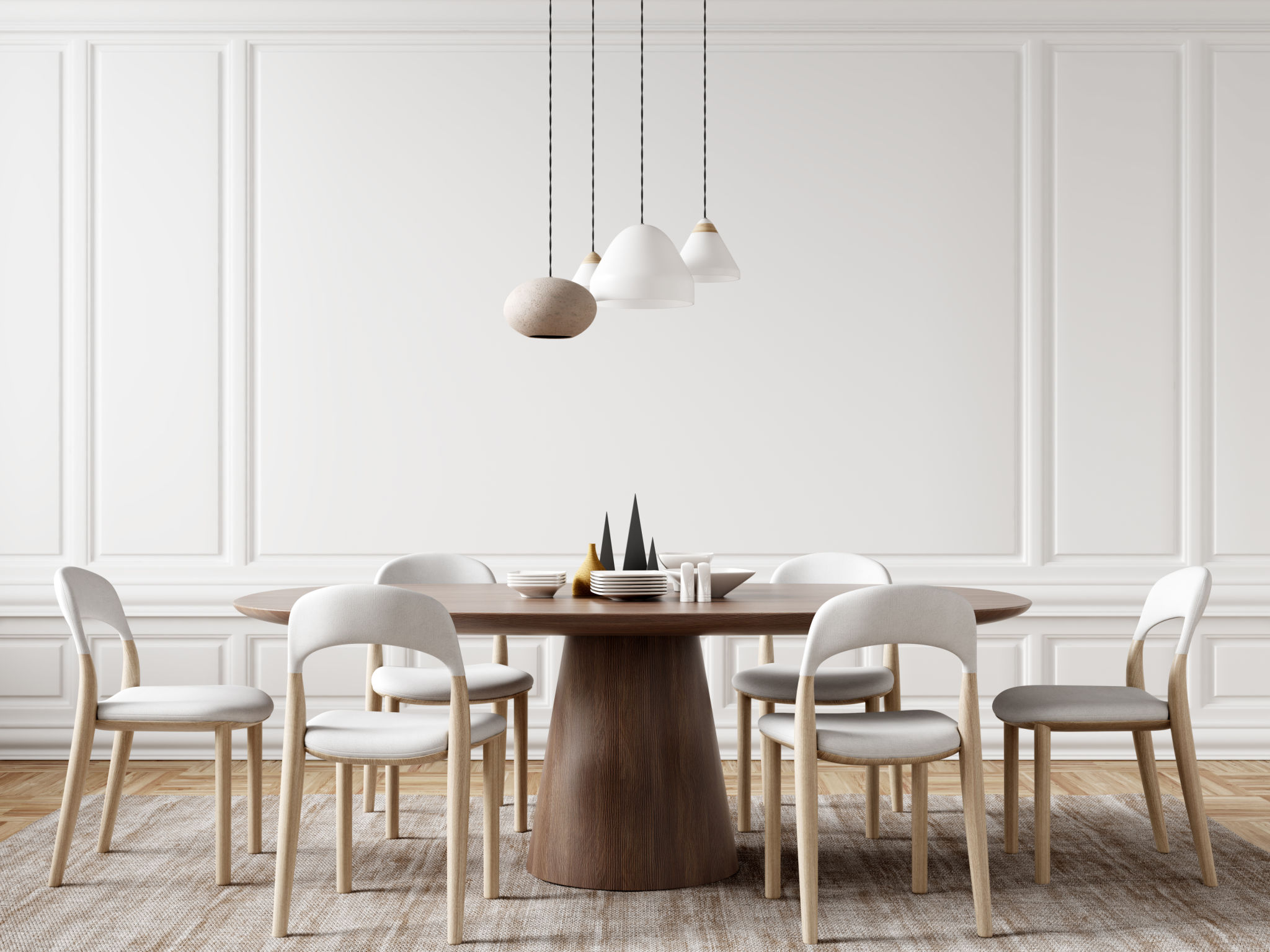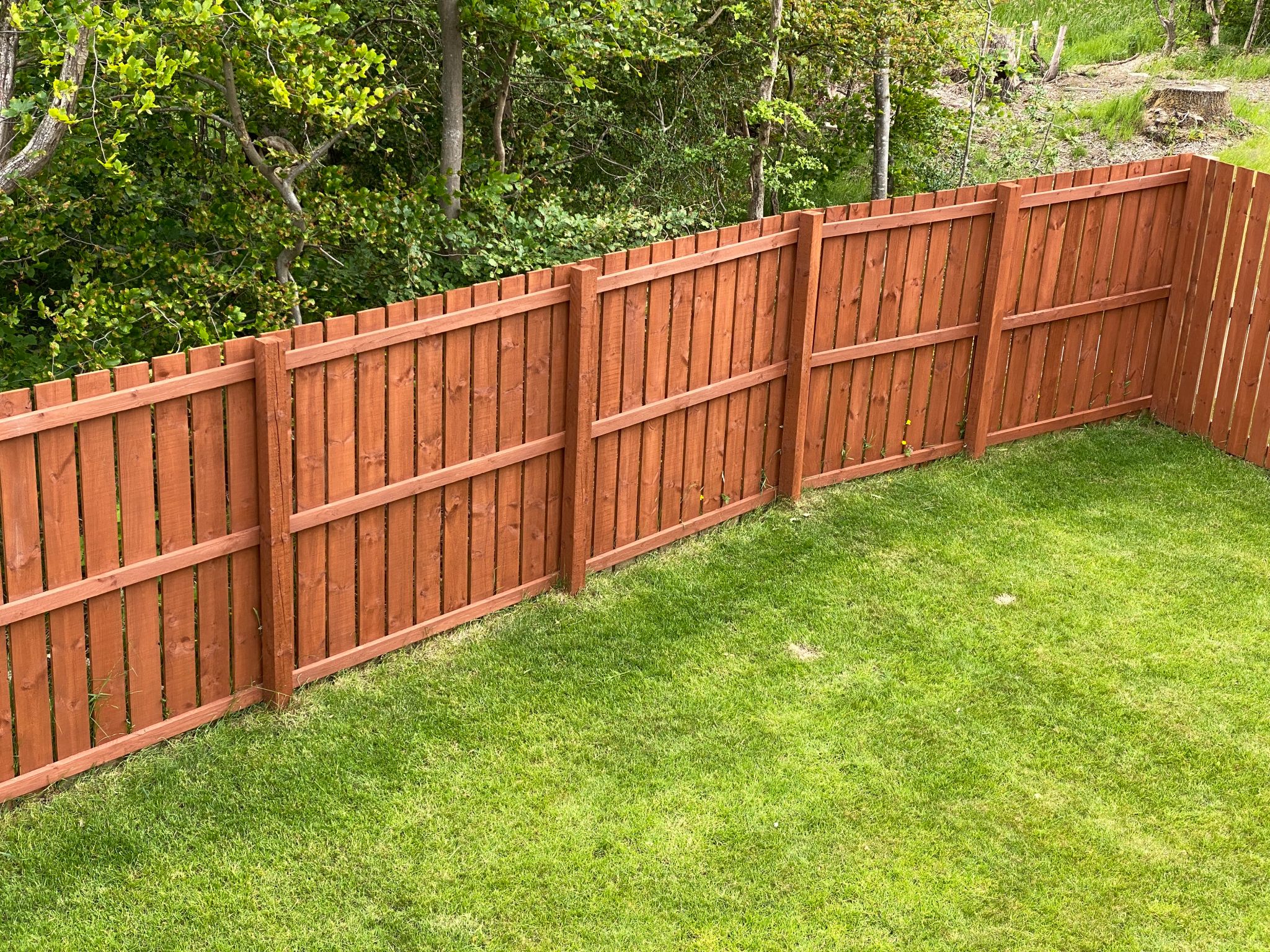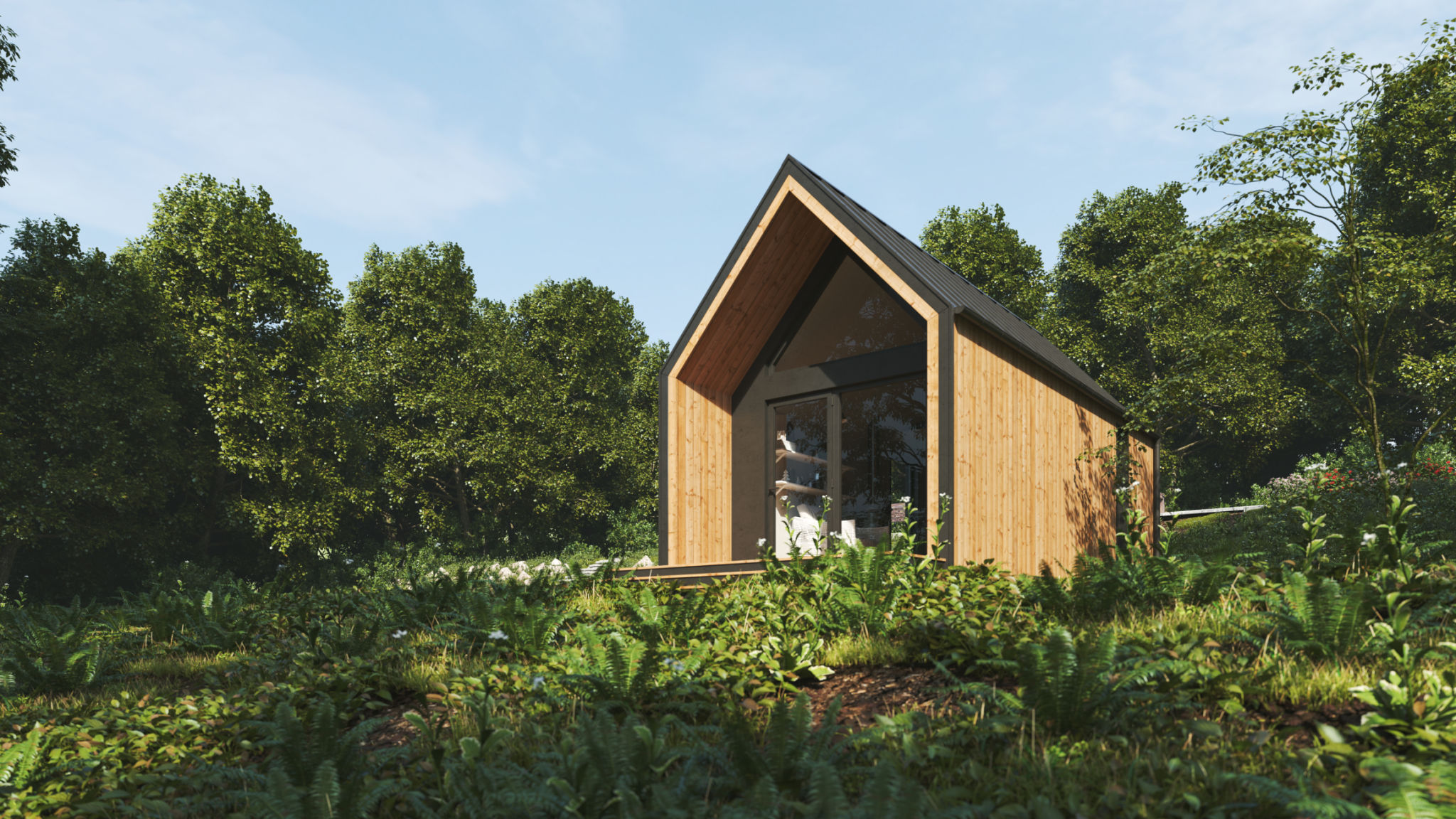How to Choose the Best Wood for Your Custom Table Design
Understanding Wood Types
When embarking on a custom table design, selecting the right wood is crucial. Each wood type offers distinct characteristics that can significantly influence the table's appearance, durability, and cost. Understanding these differences is the first step in making an informed decision.
Wood is generally categorized into two main types: hardwood and softwood. Hardwoods like oak, cherry, and walnut are known for their durability and fine grain, making them popular choices for high-end furniture. On the other hand, softwoods such as pine and cedar are lighter and more affordable, often used for rustic or casual designs.

Consider Aesthetic Preferences
Your custom table should reflect your personal style and the overall design of your space. The wood's color, grain pattern, and texture play a significant role in achieving the desired aesthetic. For a classic and timeless look, woods like mahogany or cherry with their rich hues and fine grains are excellent options.
If you're aiming for a modern or minimalist design, consider lighter woods like maple or ash. These woods often feature subtle grain patterns that complement contemporary spaces. Remember, the finish you choose can also alter the wood's appearance, so factor this into your decision.

Evaluate Durability and Maintenance
A table is not just a showpiece; it’s a functional piece of furniture that will endure daily use. Therefore, durability is a key consideration when choosing wood. Hardwoods are generally more robust and resistant to scratches and dents compared to softwoods.
In addition to durability, consider the maintenance requirements of the wood. Some woods require regular polishing to maintain their luster, while others may need special treatments to protect against moisture or pests. Ensure you're prepared to invest the necessary time in upkeep to preserve your table's beauty.

Budget Considerations
Your budget is another critical factor in selecting the best wood for your custom table. Exotic hardwoods like teak or rosewood can be quite expensive but offer unparalleled beauty and longevity. If budget is a concern, consider more economical options like oak or pine, which provide a good balance of cost and quality.
Remember to account for additional costs such as custom finishes or unique design features that could impact your overall expenditure. Planning your budget carefully will help you achieve your desired design without financial strain.
Sustainability and Environmental Impact
As environmental awareness grows, many people are considering the sustainability of their materials. Choosing wood from responsibly managed forests or reclaimed wood options can reduce your environmental footprint. Look for certifications like FSC (Forest Stewardship Council) to ensure the wood is sustainably sourced.
Sustainable choices not only benefit the planet but often add a unique character to your table, especially if you opt for reclaimed wood with its own history and charm.

Consult with Experts
If you’re unsure about which wood to choose, consulting with a professional can be invaluable. Woodworkers or furniture designers can provide insights based on their expertise and experience, guiding you towards the best choice for your specific needs.
An expert can also suggest innovative design ideas you might not have considered, enhancing both the functionality and aesthetics of your custom table.
Make Your Choice
After considering these factors, you’re ready to make an informed decision on the best wood for your custom table design. By prioritizing aesthetics, durability, budget, sustainability, and expert advice, you ensure that your table will be both beautiful and practical.
Your custom table will not only serve as a centerpiece in your home but also a testament to your personal style and values.

